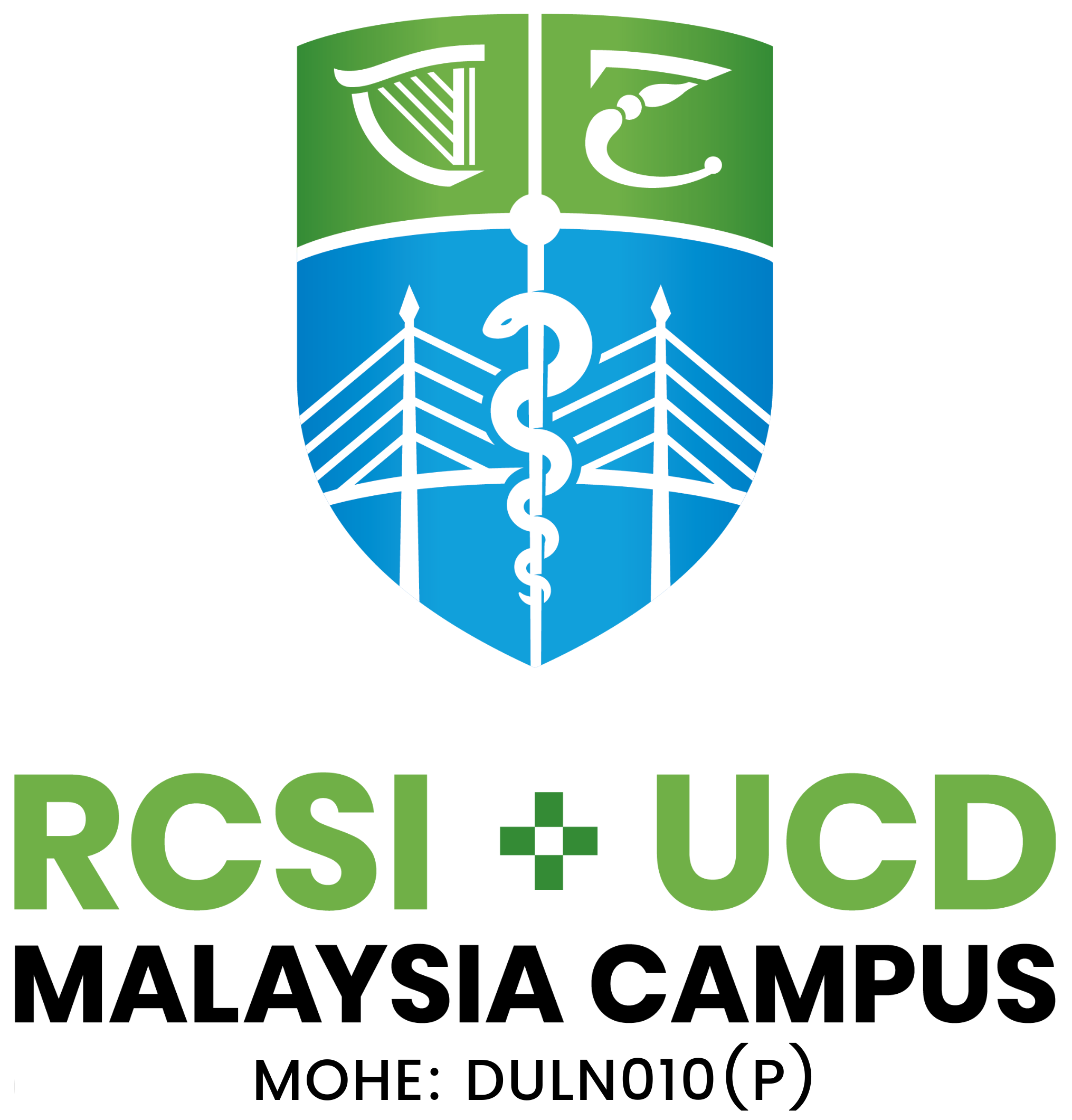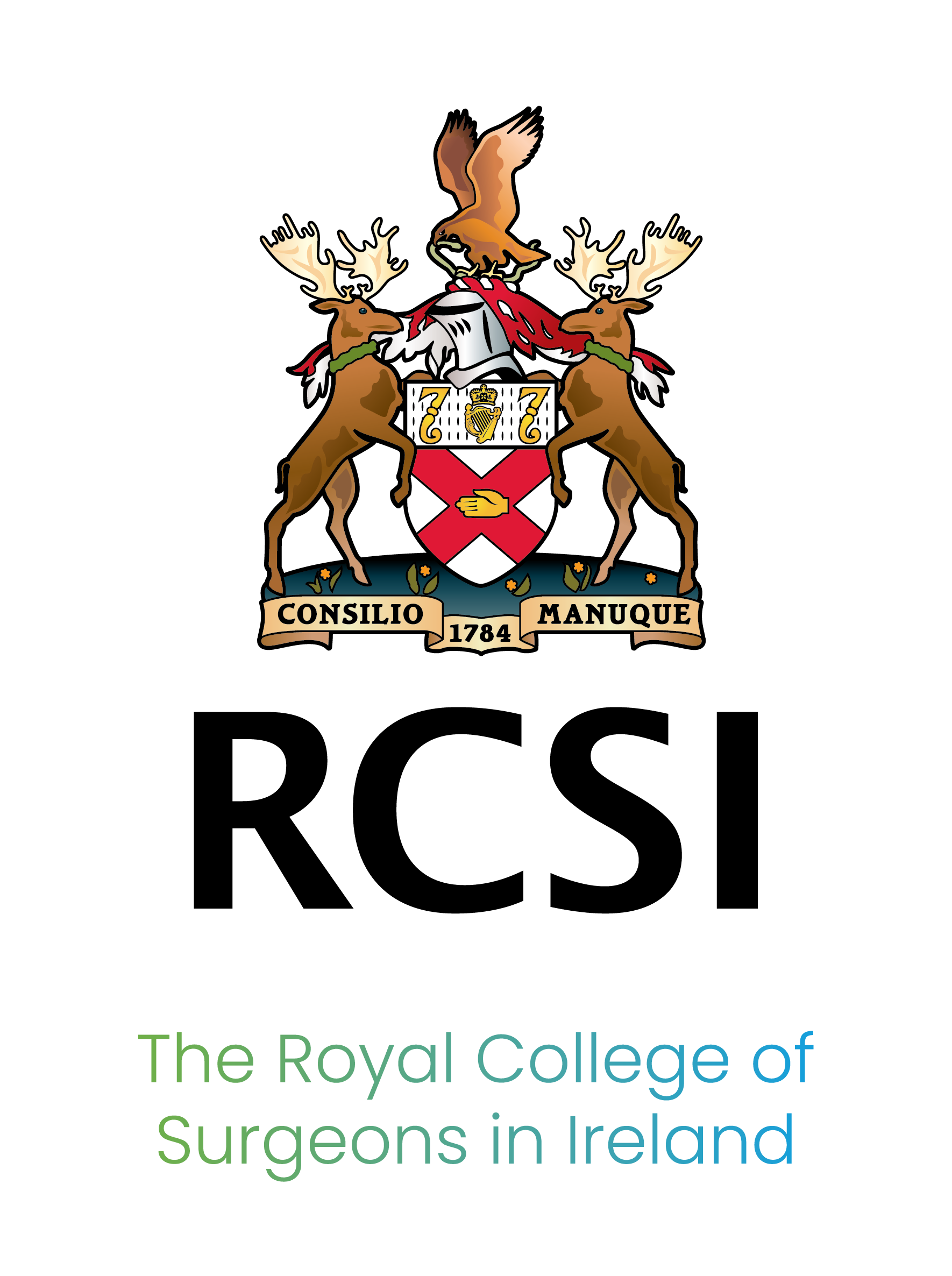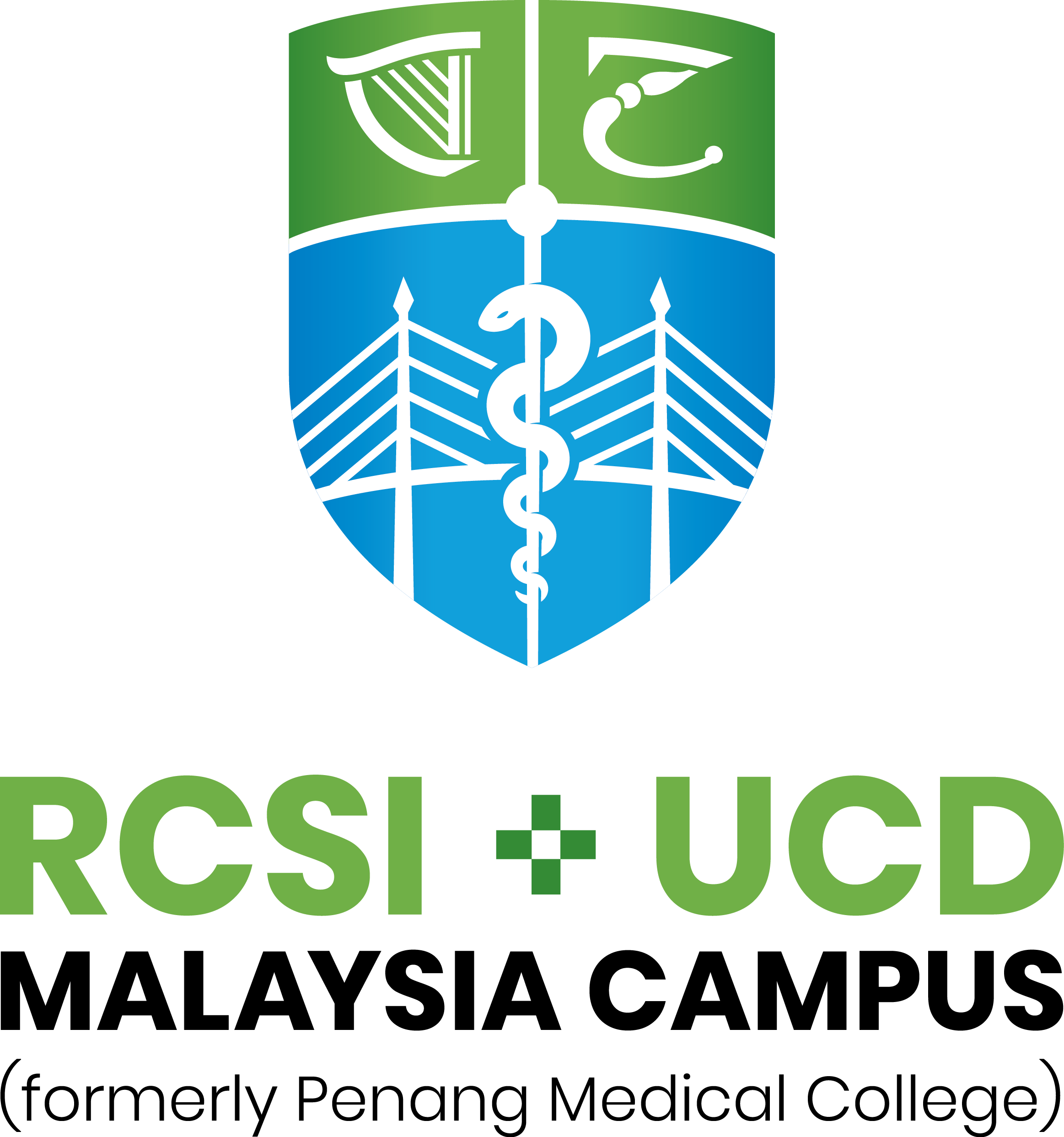How To Become A Family Physician: 5 Reasons Why This Is Your Dream Job
Dec 2 2022

Many aspiring medical physicians are aware of their desire to attend medical school, but some may be unsure of the sort of doctor they want to be. This is because making such a significant decision might be overwhelming. When choosing the best medical job for yourself, you may have a lot of questions. Which career path should you take? Why should you seek a career in this field?
Despite the fact that no two physicians are alike, some of them have several similarities. As a result, many aspiring MDs nowadays choose to specialise in family medicine rather than a single specialty. Here are 5 reasons to be a family physician and the steps to get there.
What is a Family Physician?

Before we go any further, it’s important to understand what a family physician is. Family doctors, also known as family physicians, are educated to care for people of all ages. These doctors diagnose and treat common illnesses and injuries, but they frequently refer patients to specialists for more comprehensive testing and treatment.
Family physicians are also noted for taking an active role in their patients’ health. A cardiologist, for example, could care for a patient who has had a heart attack. A family doctor, however, works with patients to help them develop better lifestyles that can help them avoid heart attacks in the first place.
5 Reasons to be a Family Physician

Most physicians chose medicine as a profession because they want to serve people and have a positive impact on the health care sector. In the challenging and rewarding medical profession, you, too, may apply your intelligence, talents, and passion to assist others. Here are five compelling reasons to pursue a career as a family physician.
1. You can build meaningful relationships.
Like other primary care specialisations, family medicine emphasises in building meaningful relationships. Why? Because family doctors see people of all ages. They may even have linked patients. For example, you may observe generations of the same family. So that a doctor can record an accurate and detailed family health history. If your friends and relatives describe you as a people person, you should explore family medicine. A family physician seldom sees a single patient. They see the same people every year. So you can cherish the interpersonal interactions.
2. You’ll be calling the shots.
To cure patients, doctors must employ their intellect as well as their technical abilities. Many doctors relish the challenge of diagnosing a patient and determining the best course of treatment. While most doctors operate as part of a larger health-care team, family physicians must be confident in their ability to take command. They’re the ones who make it easier for other suppliers to communicate. Furthermore, family physicians are required to treat patients with a wide range of illnesses.
3. You’ll have job security and stability.
The medical industry is mostly unaffected by economic ups and downs. Doctors are constantly in demand, so you won’t have to worry about the employment market altering as much as other professions. There is a lot of demand for additional primary care physicians, which is why family physician employment is predicted to rise in the future. There is no shortage of opportunities for family physicians because they are in high demand.
4. You’ll have options and other opportunities.
Even if you want to stay in traditional practice, it’s comforting to know that family practice offers so many options. Some family doctors end up working in fields other than direct patient care. Clinical research, fundamental scientific research, journalism, consultancy, commercial endeavours, hospital management, public health, and public policy are some of the options available.
5. You’ll be helping others in an incredibly significant way.
Aspiring physicians frequently have a vision of their future. Whether we realise it or not, most of us prioritise our well being above everything else. When someone is sick or injured, their regular life is disturbed, and doctors have the chance to restore normalcy and possibly save lives. Family medicine is one of the methods to assist your community. Many underprivileged populations require family doctors to cope with chronic illness. So being a family physician can be really gratifying.
How to be a Family Physician
Education Requirements

People who aspire to be family doctors must first get a bachelor’s degree that meets a number of pre-medical prerequisites. Following that, aspiring family physicians must enrol in an approved medical school and receive a Doctor of Osteopathic Medicine (D.O.) or Doctor of Medicine (M.D.) degree. The first 2 years of medical school are mostly spent on courses in laboratories or classrooms.
Applicants for some training programmes, such as those at RUMC, must have completed in one to two years of housemanship, be registered with the Malaysian Medical Council, and be employed by the Ministry of Health on a contract or permanent basis. Aside from that, candidates must provide proof of English proficiency, either by a medical degree taught in English or by taking IELTS/OET within the past three years. Under the supervision of the Training Scheme, the first two years of general practice training will be completed in a hospital environment. Trainees are assigned to these positions, working as medical officers. It is required to have a broad variety of expertise in at least four to six distinct fields related to family medicine.
Where Can I Find a Family Physician Course in Malaysia?

RUMC is one of the institutions where you may get your family physician degree in Malaysia. Malaysia-Ireland Training Programme for Family Medicine (MInTFM) was created to help the country meet its aim of one specialist per 4,000 people. The programme is designed to develop doctors who can deliver high-quality primary care to people and families in the community.
There are many reasons why you should choose RUMC as the place to study family medicine in Malaysia. The local programmes give flexible training while adhering to the national curriculum and examinations. Besides that, experts in Family Medicine teach and supervise the curriculum. If you are interested in joining the curriculum training for family physicians in Malaysia, you can refer to this article on how to apply for a family medicine training.



